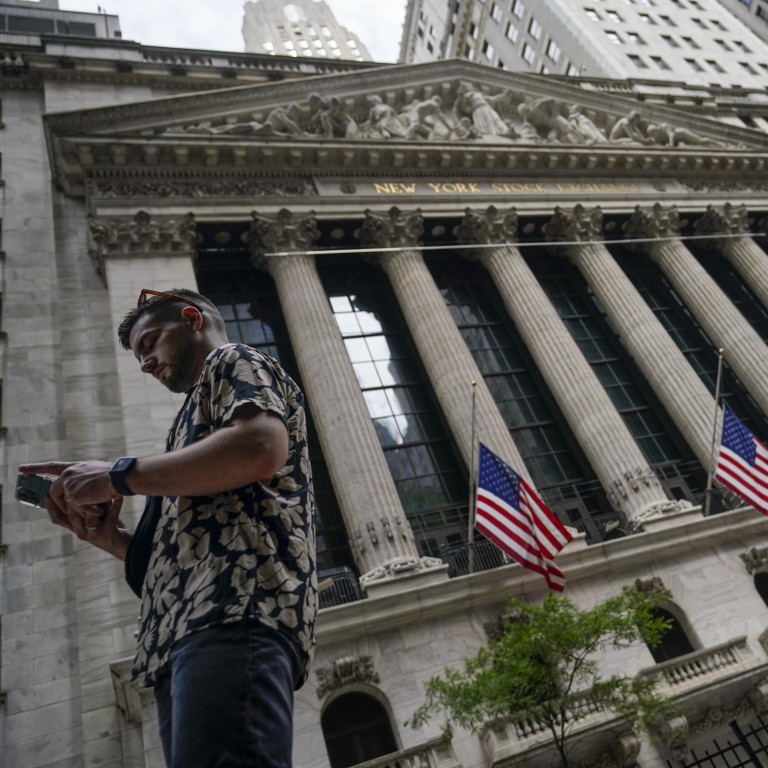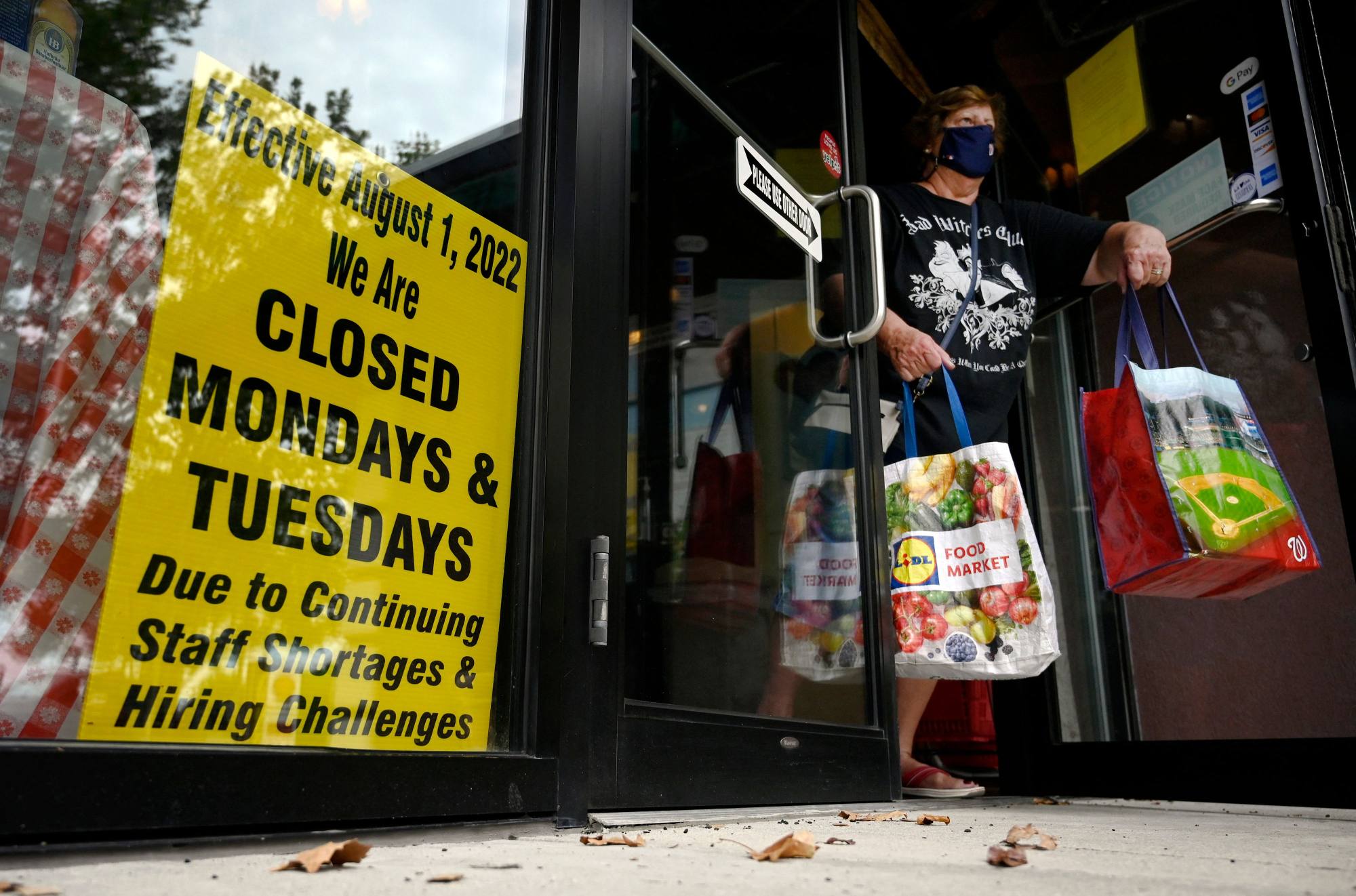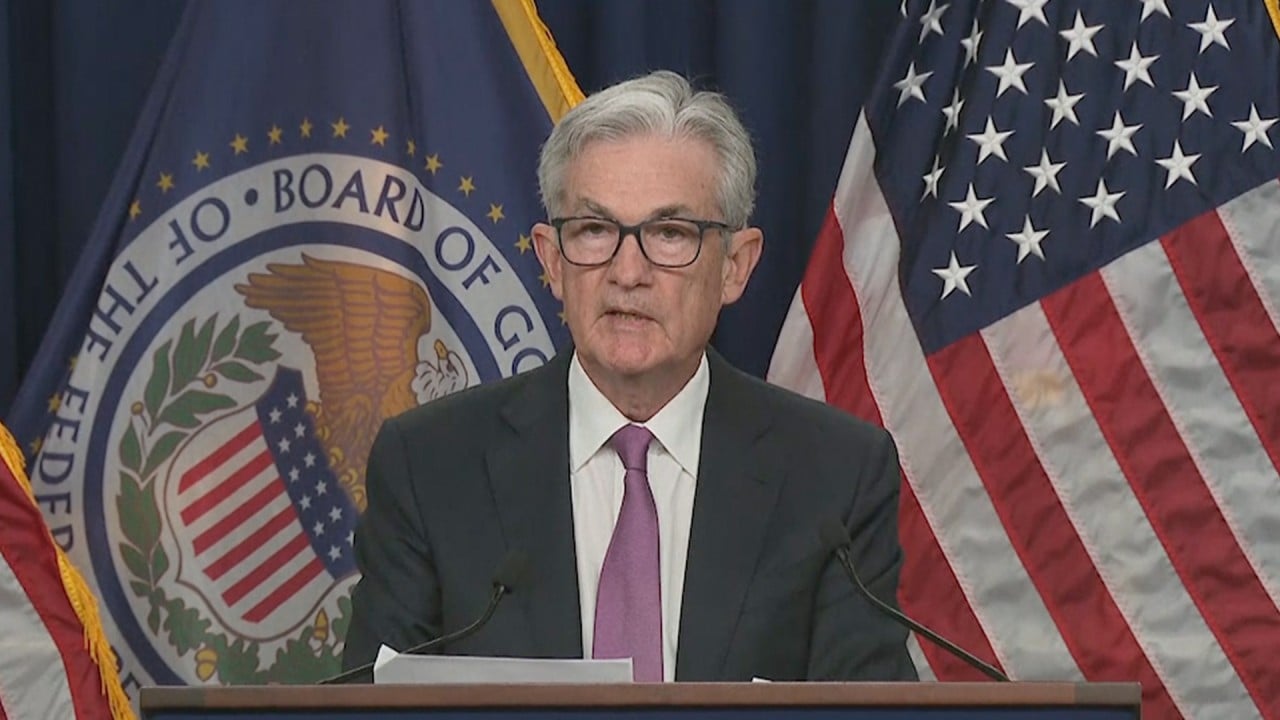
If markets can’t be trusted to invest wisely, governments should step in
- The vast majority of market funds come from institutional investors and fund managers dealing with other people’s money
- Instead of driving boom and bust cycles, institutional investors should focus on basic and critical industries and improve capital market functioning
The financial world needs to stop playing the game of stock markets and get serious about how it invests money. Market players who engage in a constant game of “chips in, chips out and chips in again” are not the kind of people we need to be exercising stewardship of our financial resources.
Some investors began piling back into tech stocks, despite their recent slump, while an analyst at foreign exchange firm Oanda noted that “meme stocks”, or shares which have gained a cultlike following online and through social media, are back in fashion.
Because the stock market is seen as an entity rather than a collection of individuals, the actions of market players who are foolish enough to create a stock bubble, then scramble out at a loss, only to jump back in again for “fear of missing out”, go unremarked on and unpunished.
But whose money is it they are playing with? If market players consisted only of super-rich speculators happy to gamble away their wealth, let them get on with it. But, in reality, the vast majority of market funds come from institutional investors and fund managers dealing with other people’s money.
This is where the stewardship of capital comes in and it matters critically, not only to the likes of pension fund beneficiaries, insurance policy holders and mutual fund investors, but equally to those who need capital to put to active use in myriad ventures.

In an ideal world, markets (which we credit with collective intelligence even though there is often scant evidence of it) would be scanning the horizon endlessly with radar-like precision to spot fresh investment opportunities in just about every area of economic activity.
In reality, what markets often get up to is a different kind of game. Institutional investors and fund managers seem content to pile, herd-like, into a limited number of investment sectors and companies where their very presence drives up prices and lures the unsophisticated.
Hence, the disturbingly frequent boom and bust cycles that stock markets experience. Markets did spot the potential of “tech” (at least where it applies to consumer products) but they then went on to overprice the relatively limited range of tech assets which they focused on.
How realistic is it to expect a soft landing for the global economy?
The great irony of the tech boom and bust, which some suggest could see renewed interest now from shortsighted investors who are anxious to see the bubble reinflated, has come when the world is in dire need of investment vehicles with long-term and mature horizons.
If institutional investors and fund managers are to deserve and preserve the confidence of savers in their role as intermediaries, they need to do more work, use more imagination and cooperate more with governments and multilateral institutions in improving capital market functioning.
As repositories of public savings, investment institutions cannot continue cherry-picking sectors to invest in – such as technology and consumer services and products. They need to get their hands dirty and grow things.
By investing more in basic industries and services instead of overpriced glamour areas, institutional investors would catalyse greater capital flows to these sectors, while stock exchanges (which are collectively capitalised at around US$120 trillion) could do more to encourage listings by companies in such sectors.
The world needs to invest trillions of dollars in things such as mitigating and adapting to climate change, building or replacing essential infrastructure, strengthening supply chains, shoring up health services and boosting commodity production.
Is all this the business of stock markets and capital markets? Of course it is. By UN estimates, the global financial system manages some US$300 trillion in assets – and much of the money is entrusted to private investment institutions by savers who expect it to be used wisely.
This cannot be left to the public sector using taxpayers’ money. Most investment must come from capital markets and if the vehicles are not there in sufficient numbers to handle this, then they must be created by governments or official agencies.
The World Bank and other multilateral development banks are greatly underused in this regard. They could become mega investment funds with extended powers not only to issue bonds but also equity instruments for financing socio-economic projects which they would launch.
Instead, we have feeble initiatives like ESG (environmental, social and governance) investing which simply encourages companies to behave like good corporate citizens in these areas. There are strong arguments for taking fund management and stock markets under the wing of the state. Maybe China can show the way.
Anthony Rowley is a veteran journalist specialising in Asian economic and financial affairs


